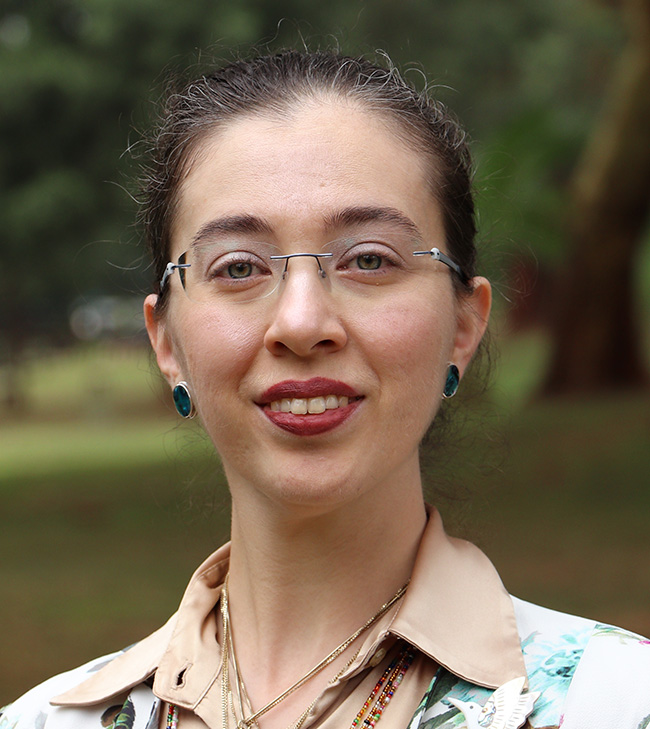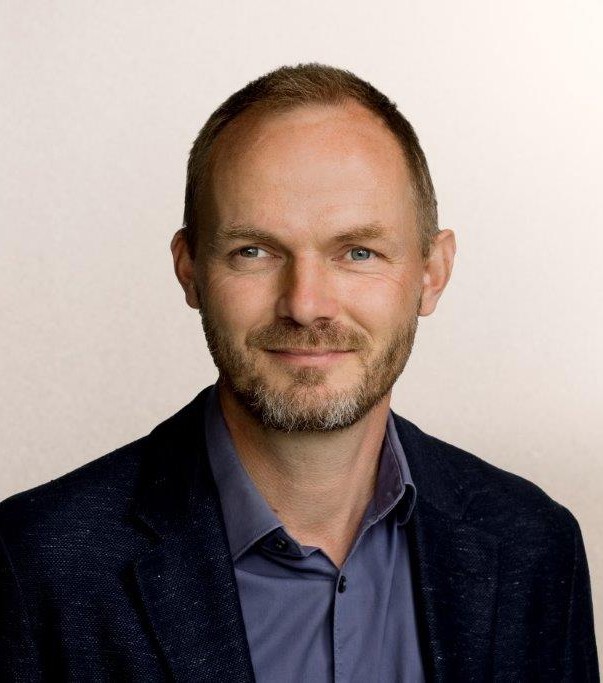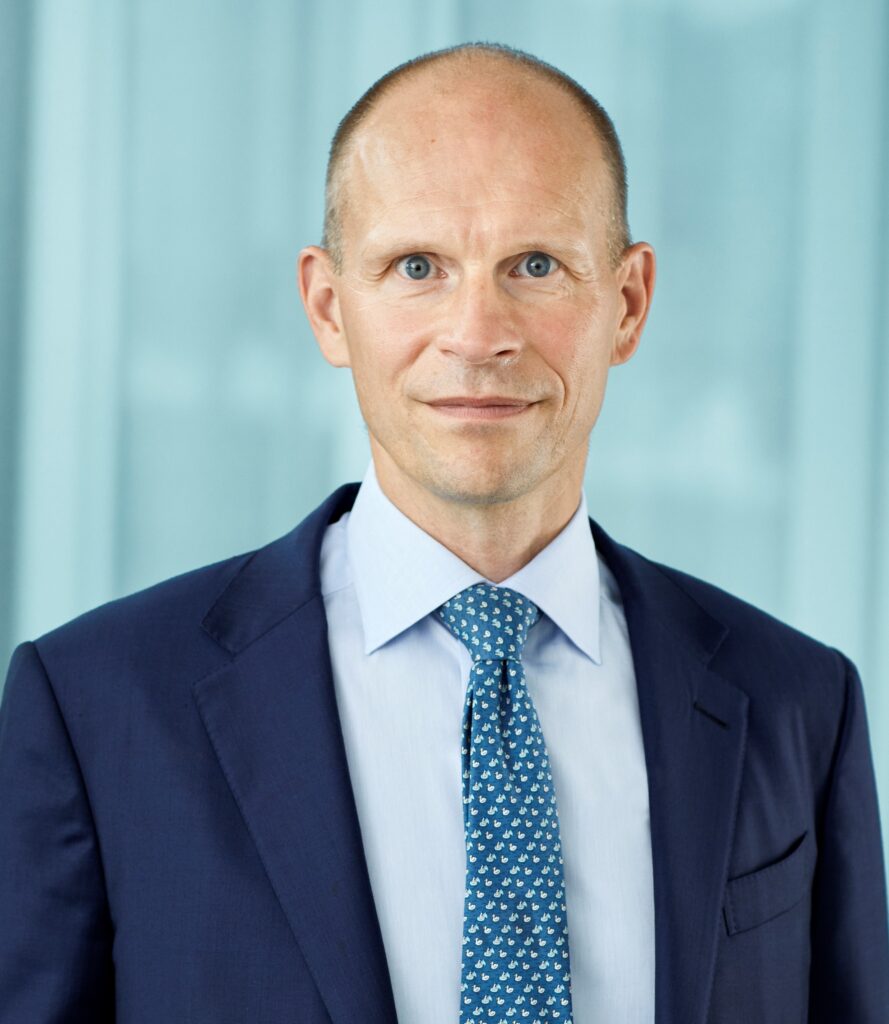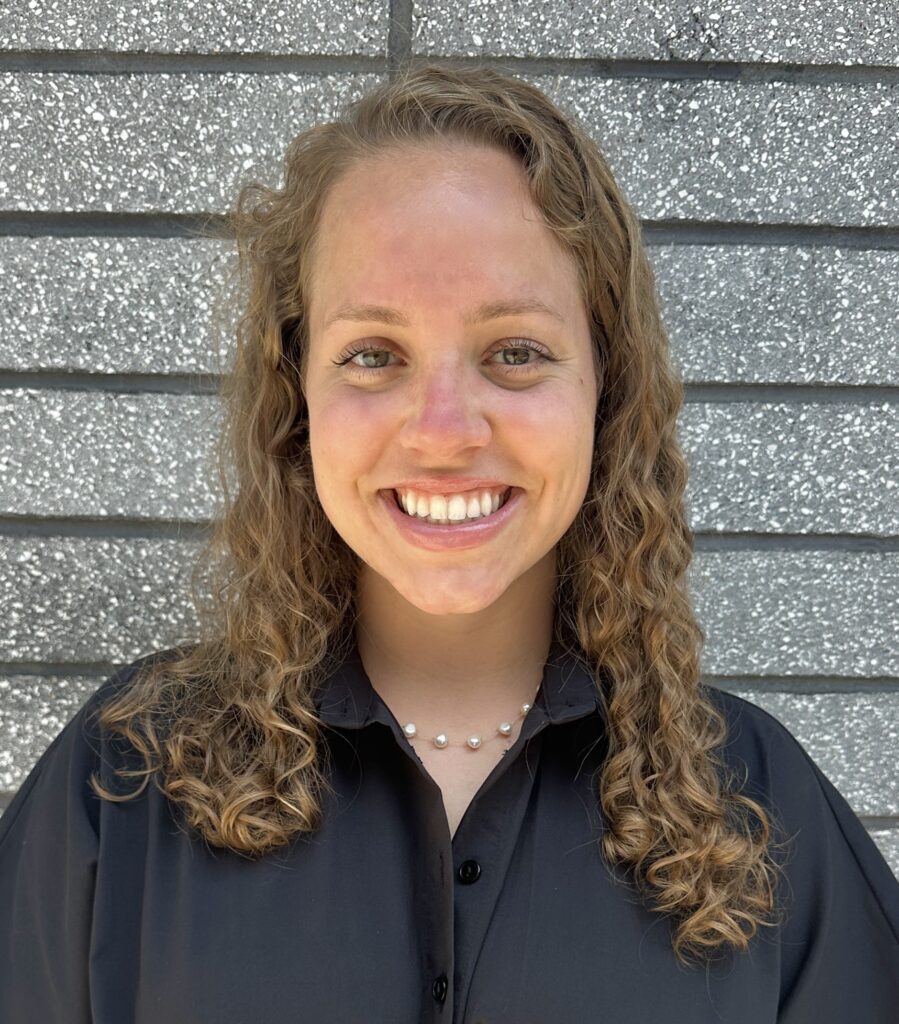Conference Programme
The programme for Copenhagen includes all keynotes and parallel session presentations as well as technical tours.
The online programme includes an extended number of presentations. The virtual conference platform will be open in the period 12-19 September. All presentations can be accessed as recorded videos and commented by all conference attendees via the virtual conference platform.
Below, we present the keynote speakers of SESAAU2025.
See information on technical tours 15 September and 18 September.
Keynote speakers




Şiir KILKIŞ, IPCC WGIII Vice-Chair
Keynote speech: Smart Energy Systems Targeted Mitigation in Urban Areas for Avoiding Increments of Global Warming
Şiir Kılkış has over two decades of experience in climate change mitigation, including its role in pursuing sustainable development. Since July 2023, she serves in her elected role as Vice-Chair of IPCC’s Working Group III on the mitigation of climate change. She was a Lead Author of the Working Group III contribution to the Sixth Assessment Report, focusing on mitigation options, urban systems, and sustainable development linkages. She was in the Scientific Steering Committee of the scoping of the IPCC’s Special Report on Climate Change and Cities and now acts as a Review Editor. She is a senior researcher and science adviser at The Scientific and Technological Research Council of Türkiye and is double affiliated to the Middle East Technical University in Ankara as professor. Her research focuses on the mitigation potential of urban areas, supply-demand interactions, global and local scales, and sustainable development. She received her doctorate from KTH Royal Institute of Technology in Civil and Architectural Engineering and holds a gold medal in her field from Georgetown University in Science, Technology and International Affairs. Alongside international awards, she received a high-level fellowship for her research centered on climate change mitigation and urbanization awarded at the Centennial Year of the Republic of Türkiye. Through her publications, she takes place among the top 2% of scientists in energy, environmental sciences, and enabling/strategic technologies.
Asbjørn Haugstrup, Chief External Relations Officer at Innargi
Keynote speech: Outlook: Why is the heating of our homes attracting increased political attention and what is its role in Smart Energy Systems if we are to meet political targets?
Asbjørn Haugstrup is Chief External Relations Officer and a member of the Senior Management Team at Innargi A/S — a Danish company developing large-scale geothermal solutions for district heating in Germany, Poland, and Denmark. Previously, Asbjørn Haugstrup has served as Special Political Advisor to several Danish ministers, including those for Climate, Energy and Buildings; Economic Affairs and the Interior; and Foreign Affairs.
Philip Christiani, Partner CIP
Keynote speech: Europe’s Energy Pivot: A Strategic Blueprint for a Prosperous and Secure Energy Future
Philip Christiani, Partner of CIP, based in Copenhagen, is co-heading the Energy Transition Fund platform. He is leading negotiations with offtakers and shaping the process for sales, building project teams, defining targets and milestones, setting priorities, and driving plans. Moreover, Philip Christiani is leading project development in Chile, Portugal, and Morocco. He has more than 20 years in Tier 1 consulting, most recently as a Senior Partner at McKinsey. In addition, he has been assisting global industry leaders on strategy, ESG compliance, recycling, and emissions reduction. Philip Christiani holds a MSc in Economics from the University of Copenhagen and a MS in Finance from the University of Reading.
Lily Bermel, Research Advisor at the Massachusetts Institute of Technology Center for Energy and Environmental Policy Research
Keynote speech: The state of U.S. clean energy investment and policy
Lily Bermel is a Research Advisor for Brian Deese at the Massachusetts Institute of Technology Center for Energy and Environmental Policy Research (MIT-CEEPR). She works on a range of climate and industrial policy projects, including the Clean Investment Monitor and the Clean Energy Marshall Plan. Before joining MIT-CEEPR, Lily served for three years as a policy advisor on the U.S. State Department climate team, led by Special Presidential Envoy for Climate John Kerry. There, she negotiated on behalf of the United States in multilateral fora, integrated climate policy across the Department’s operations, coordinated private sector engagement, and developed strategies to mitigate non-CO2 gases. Previously, Lily developed the sustainability department at Cornell Dining, wrote a series of policy proposals for the Kingdom of Tonga, and contributed to climate policy in Massachusetts at the state and local levels. Lily received a B.S. in Environment and Sustainability from Cornell University.
